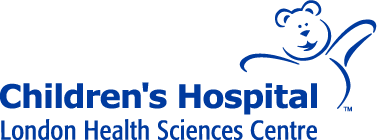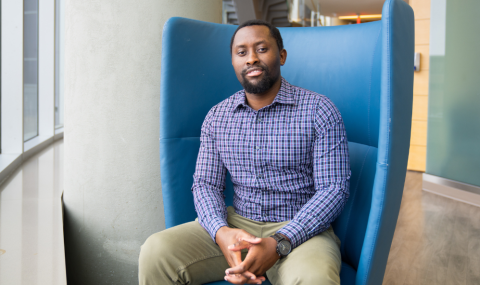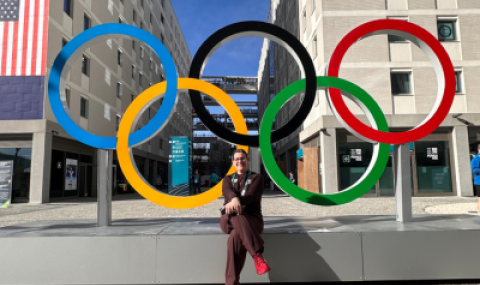The Department of Orthopaedic Surgery at Children's Hospital treats children and young adults with a wide range of developmental disorders, congenital, neuromuscular and post-traumatic problems with bones joints and tendons.
Our Services
We provide both surgical and non-surgical treatment for conditions, such as:
- Spinal disorders, including scoliosis (curvature of the spine), kyphosis, spondyloysis, and back pain
- Hip diseases such as dysplasia, slipped capital femoral epiphysis, and avascular necrosis
- Cerebral palsy and other neuromuscular conditions
- Congenital anomalies/birth defects of the extremities
- Leg length differences
- Trauma and growth disturbances
- Club feet
- Bone tumors (sarcomas)
- Ewing sarcoma
- Osteosarcoma
Location:
Zone E, Level 1, Room E1-305
Victoria Hospital
800 Commissioners Road East
London, Ontario
Contact:
Orthopaedic Clinic: 519-685-8500 Extension 58021



